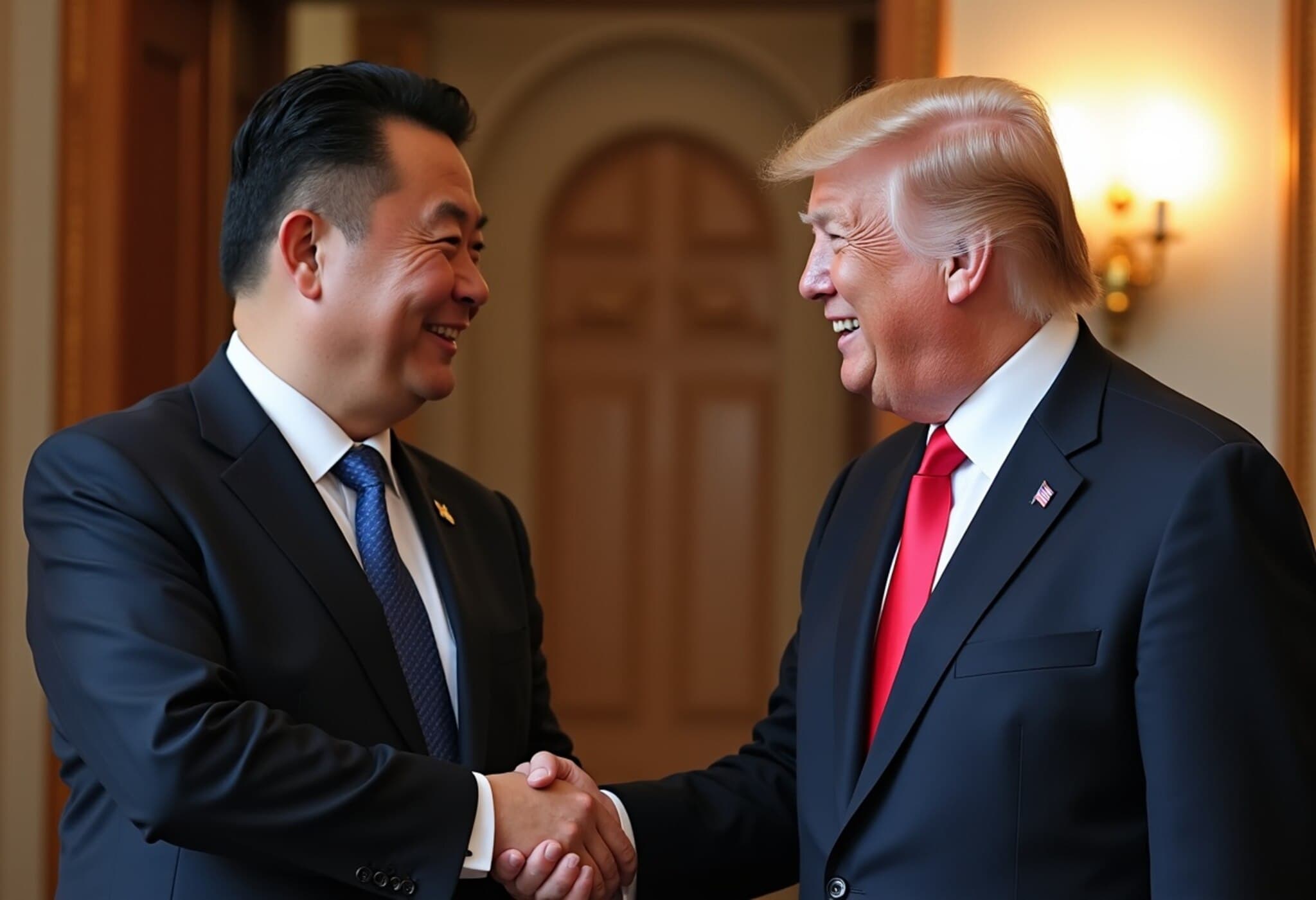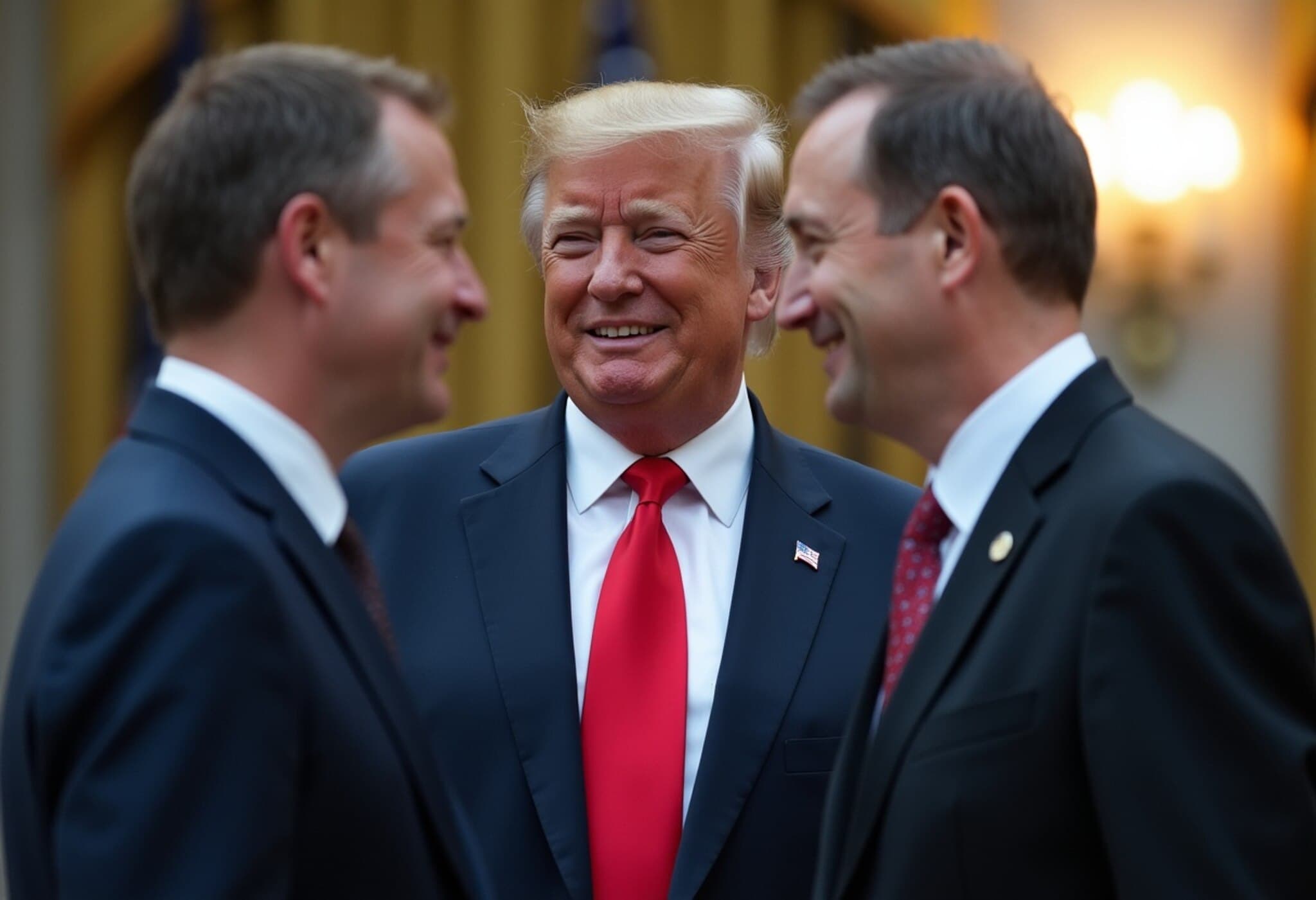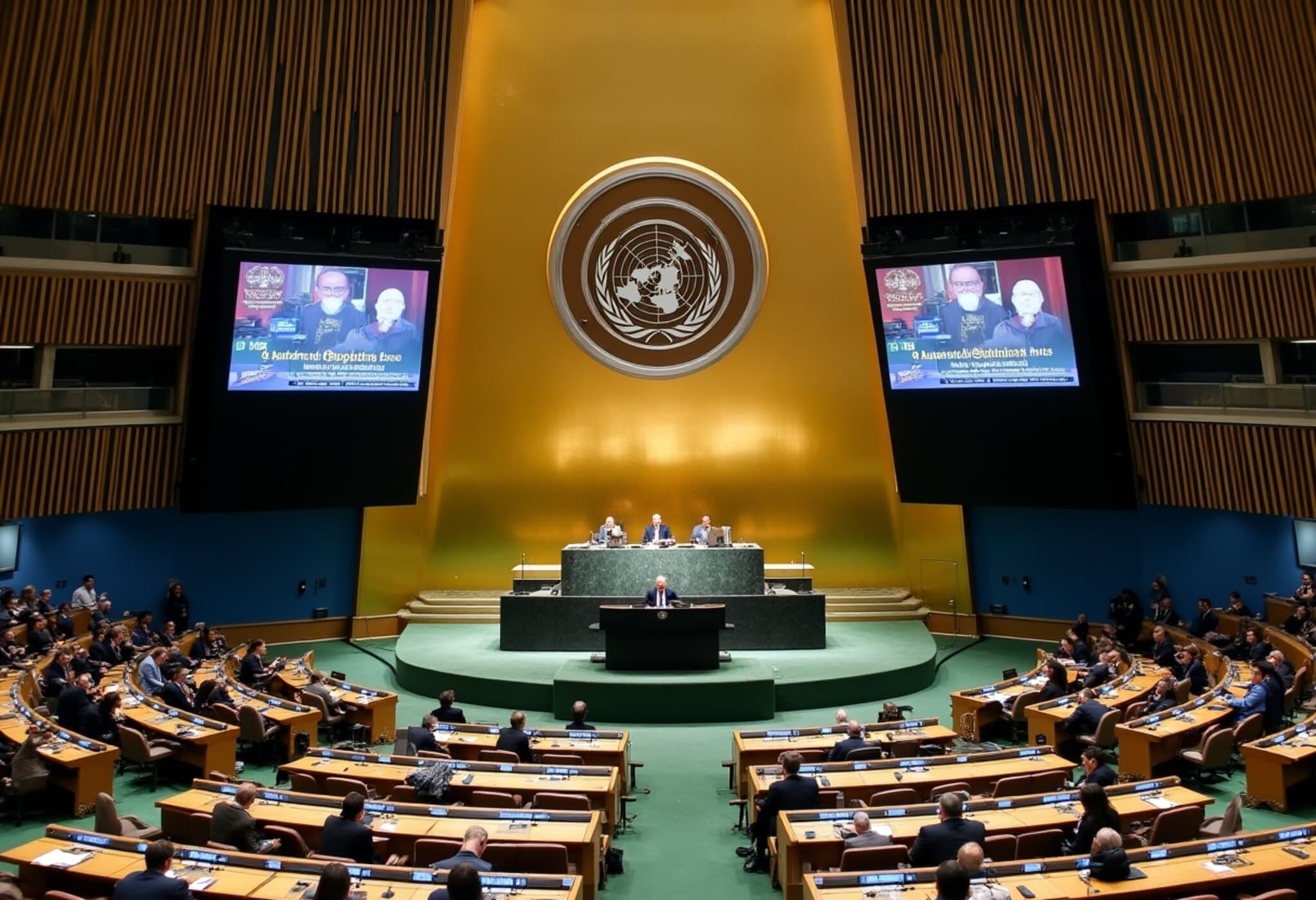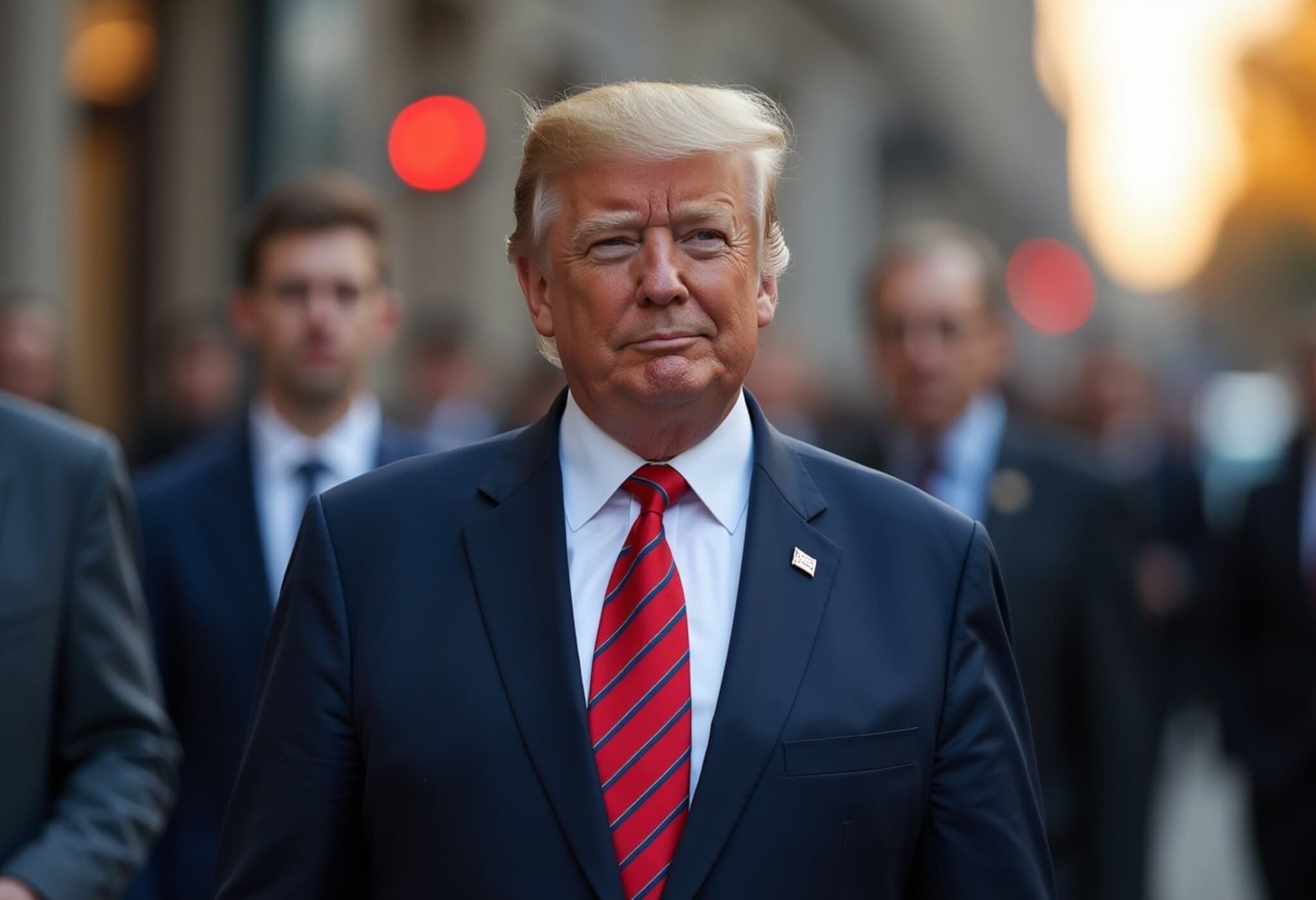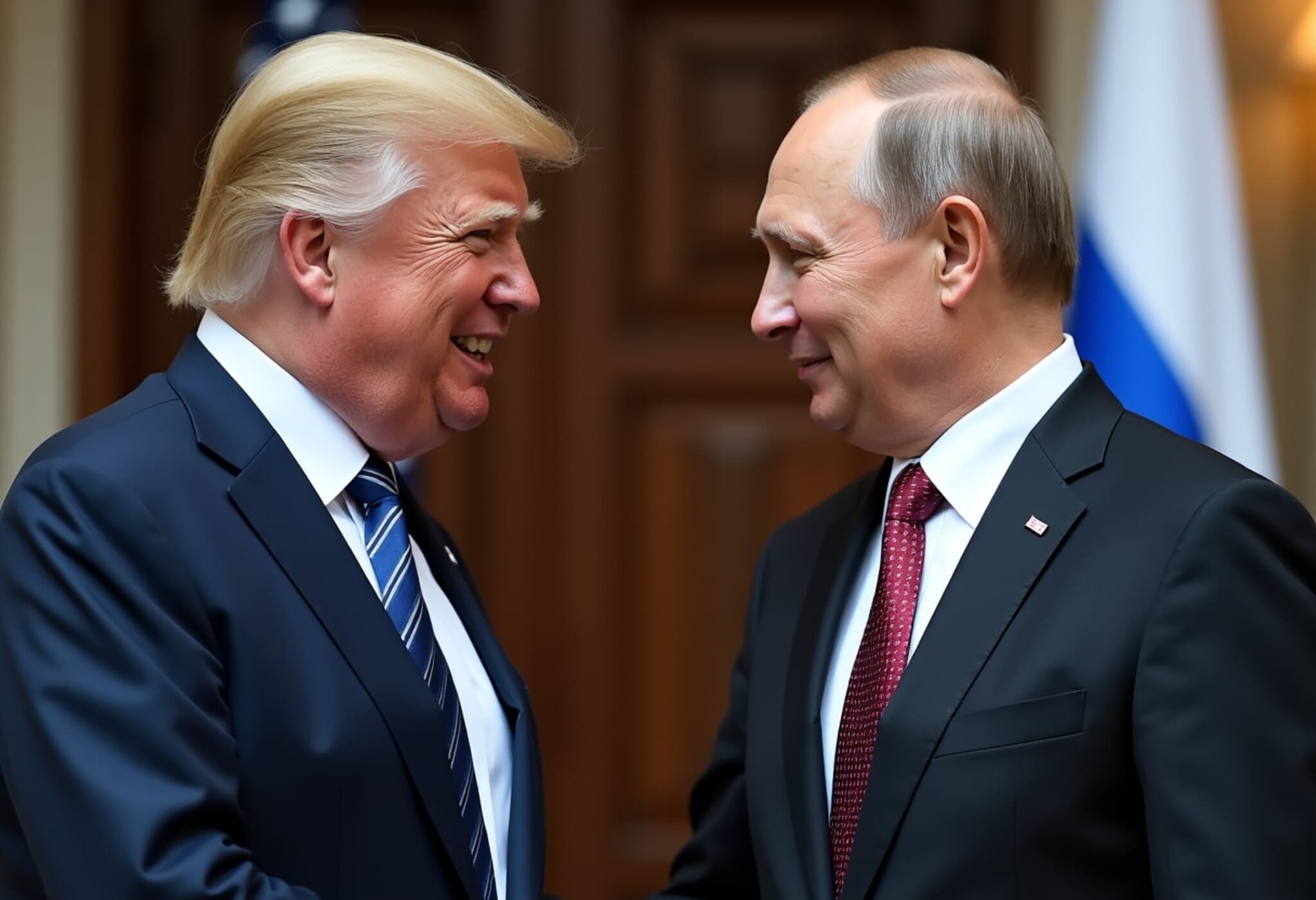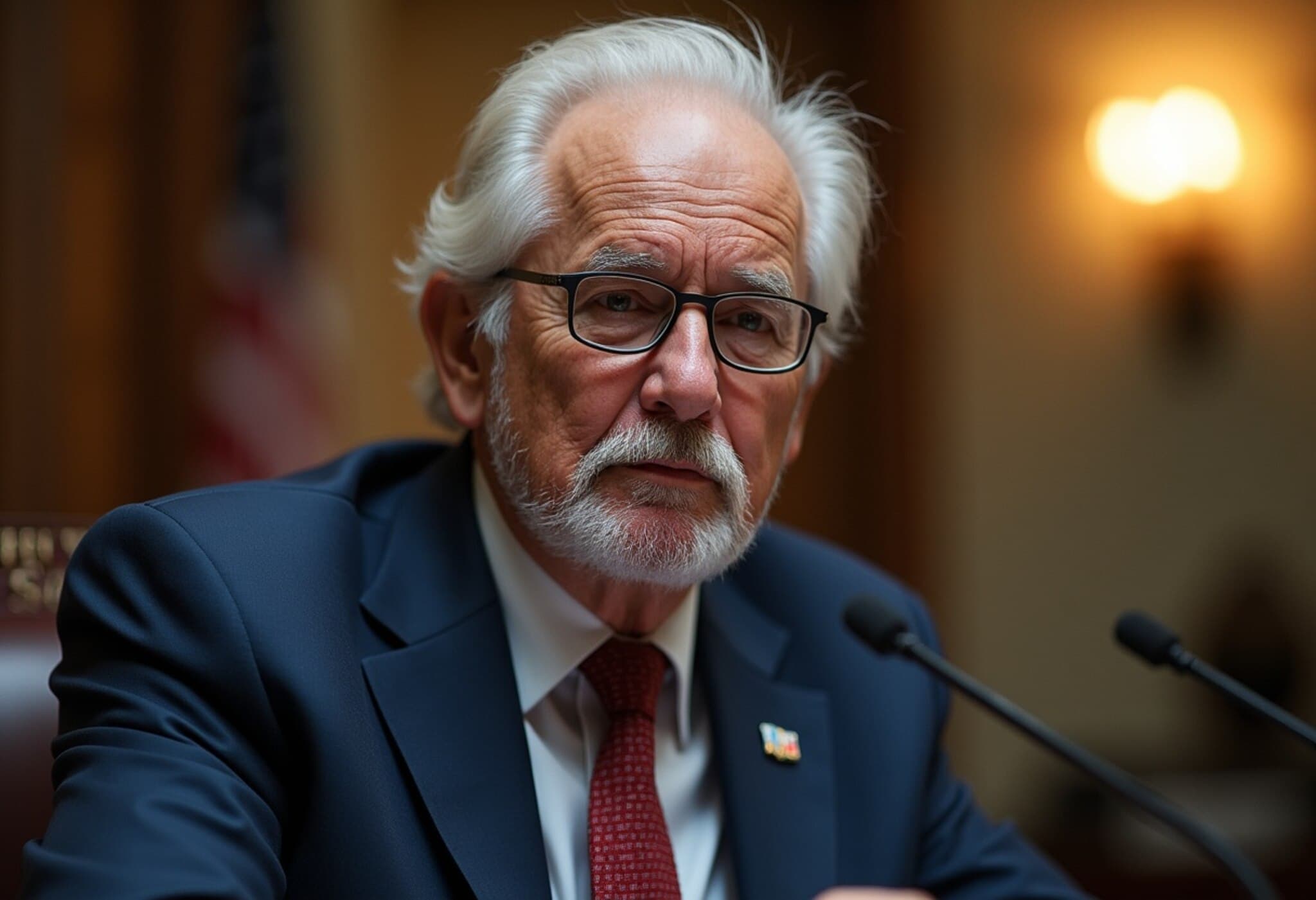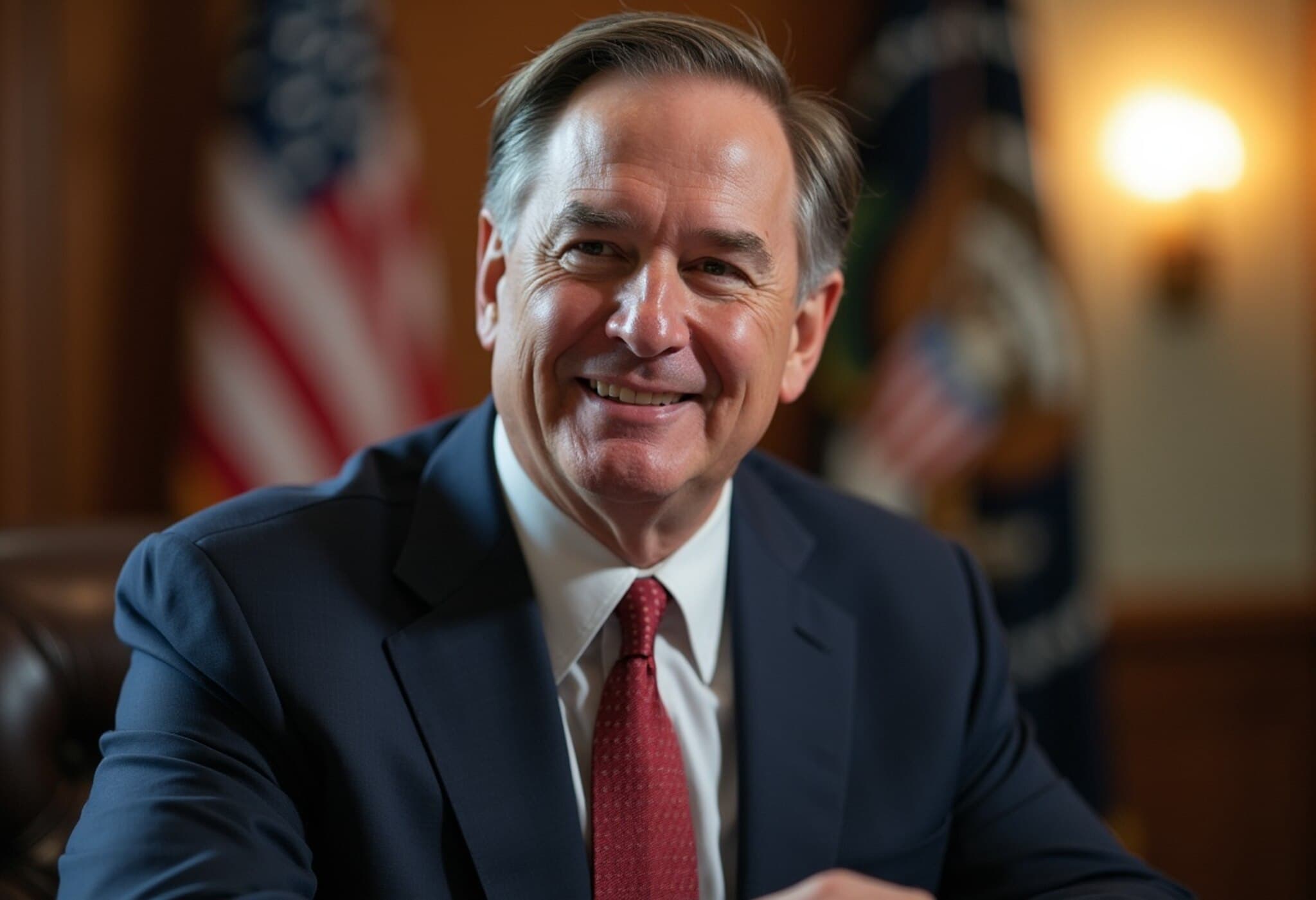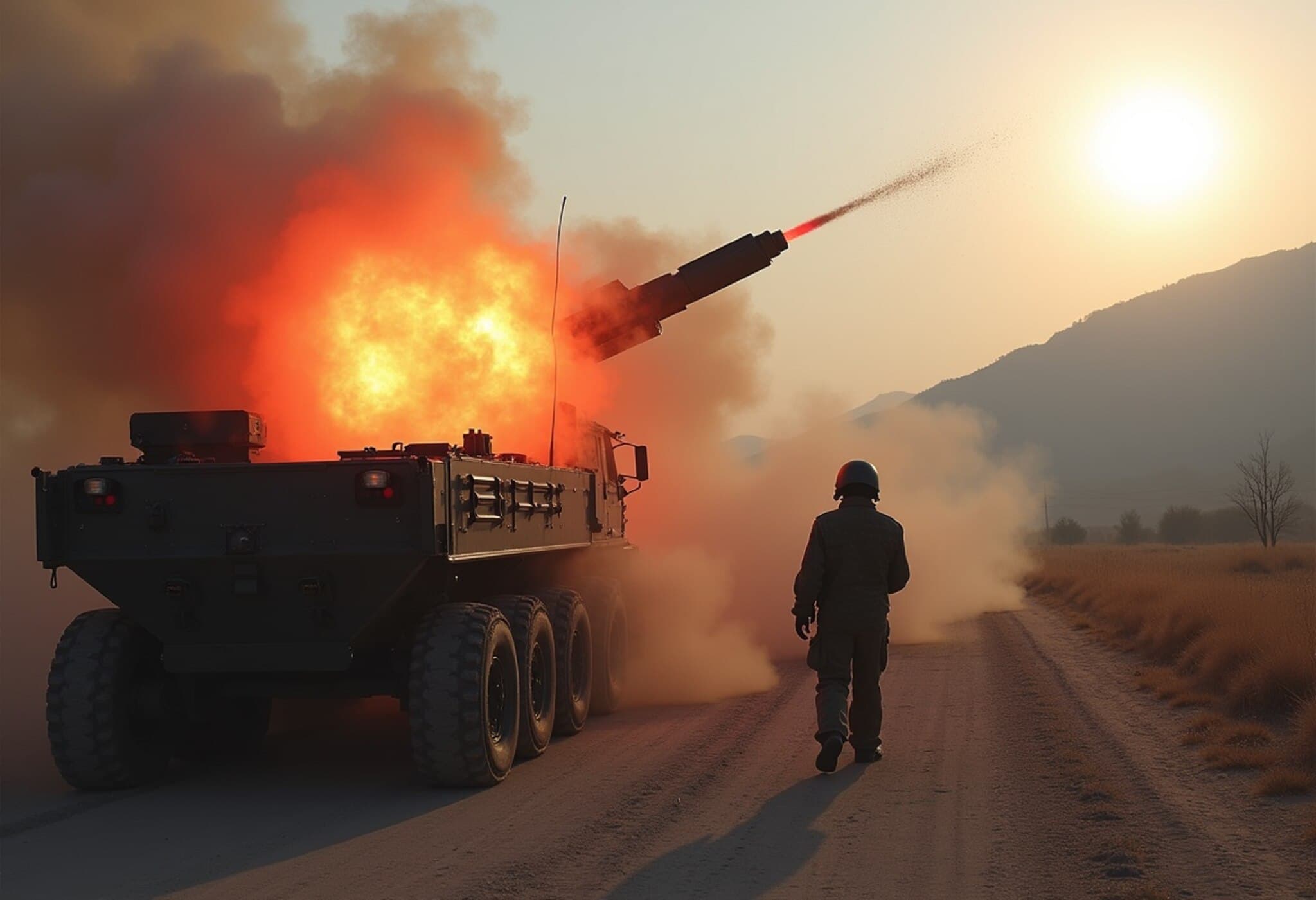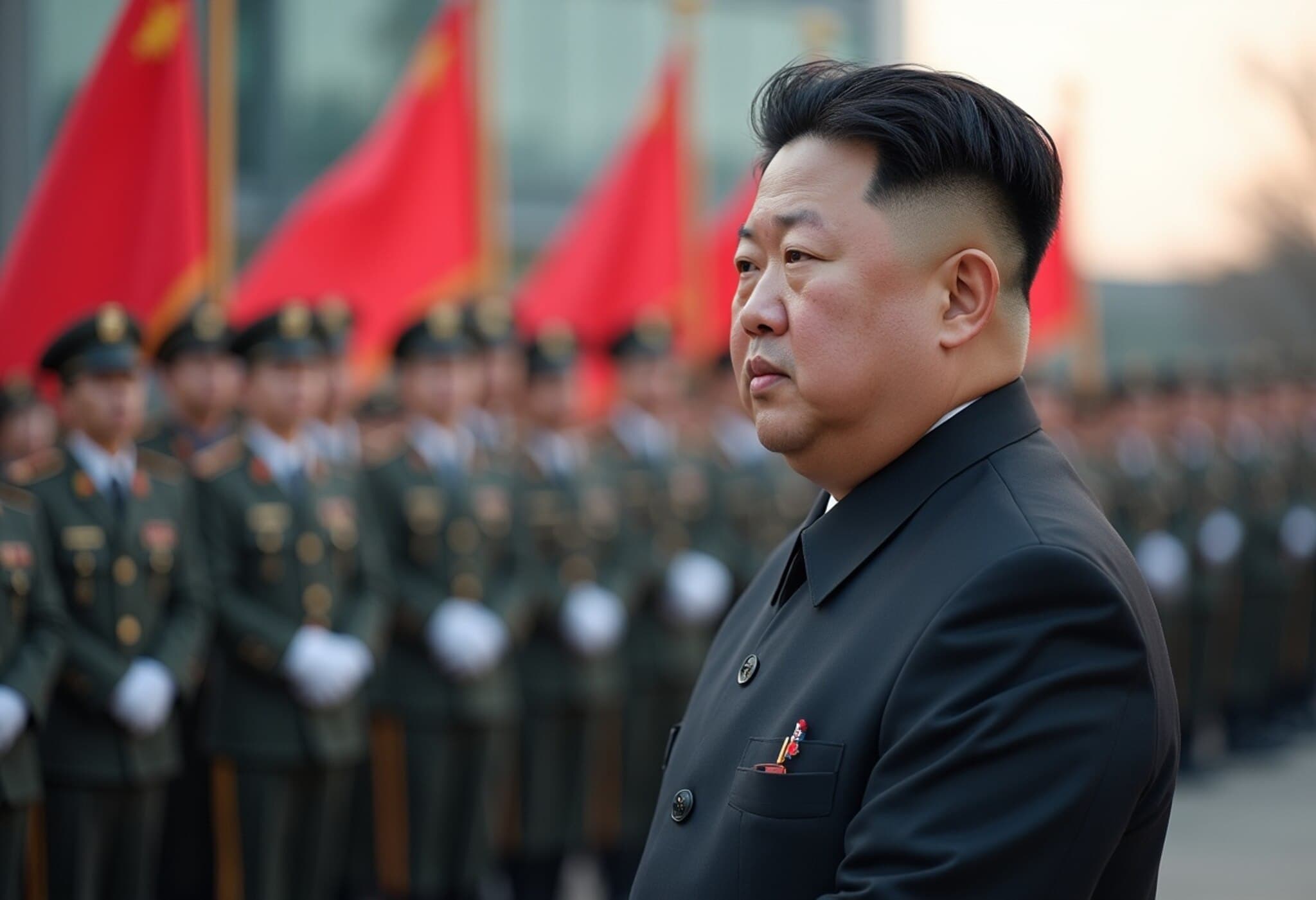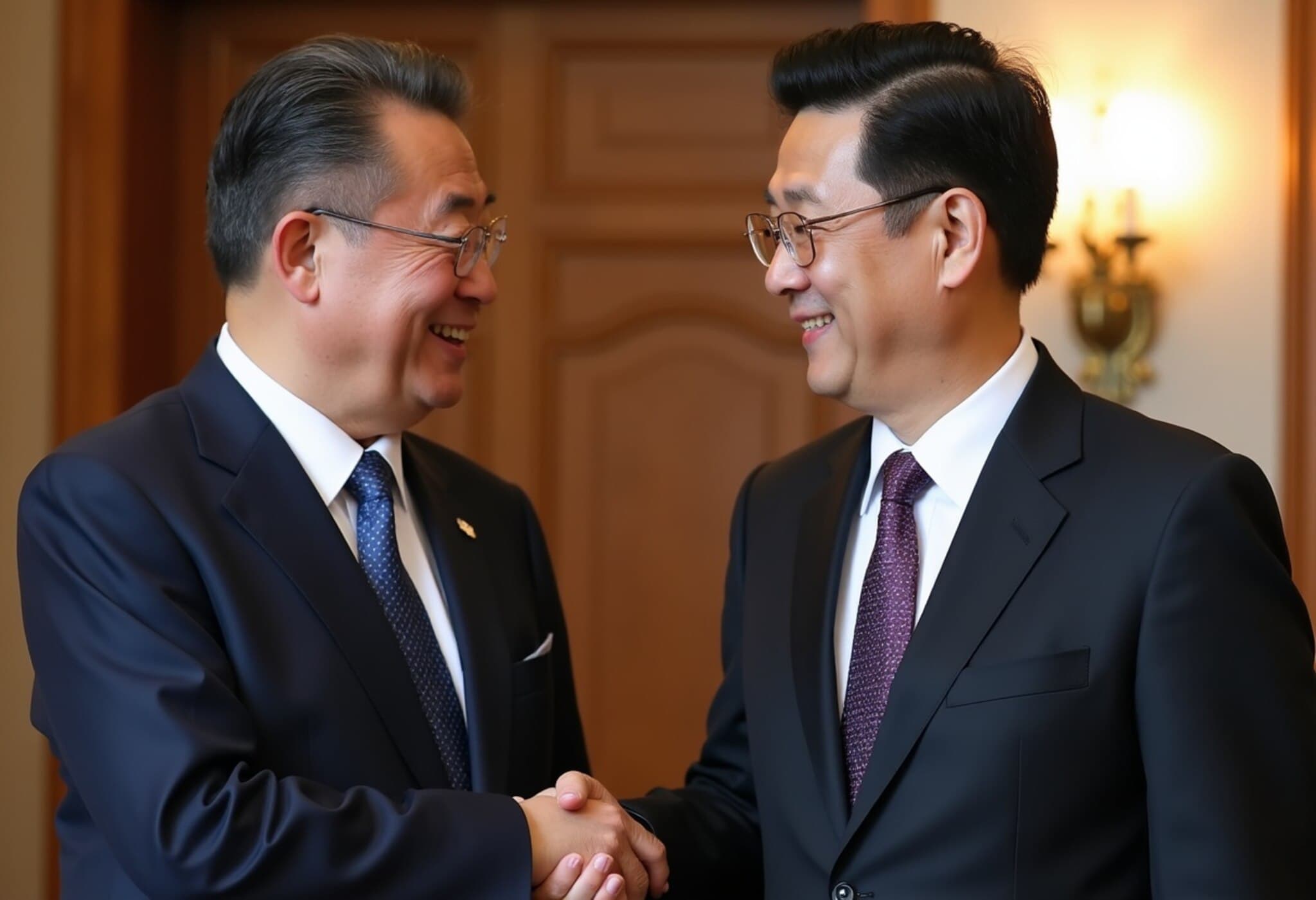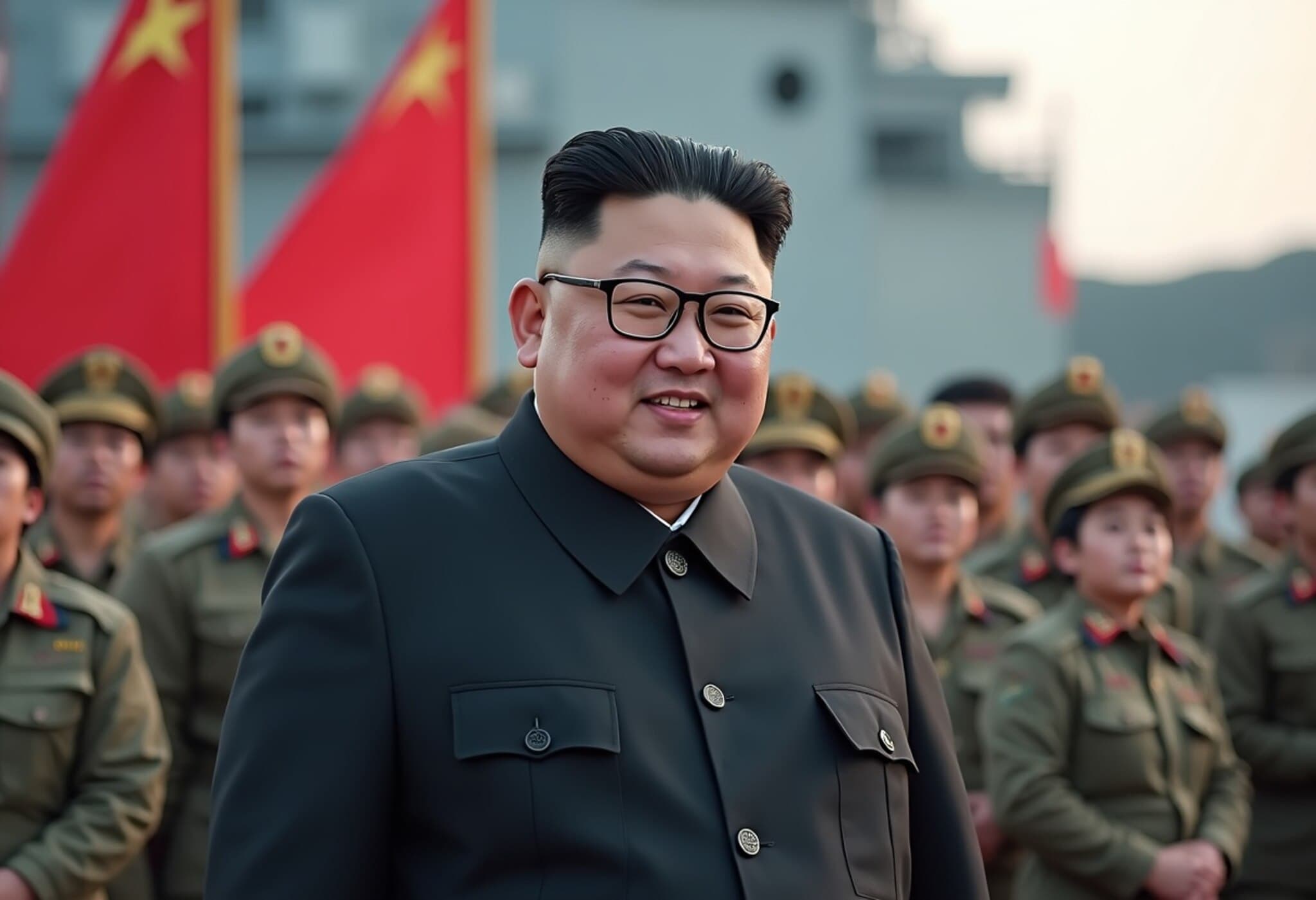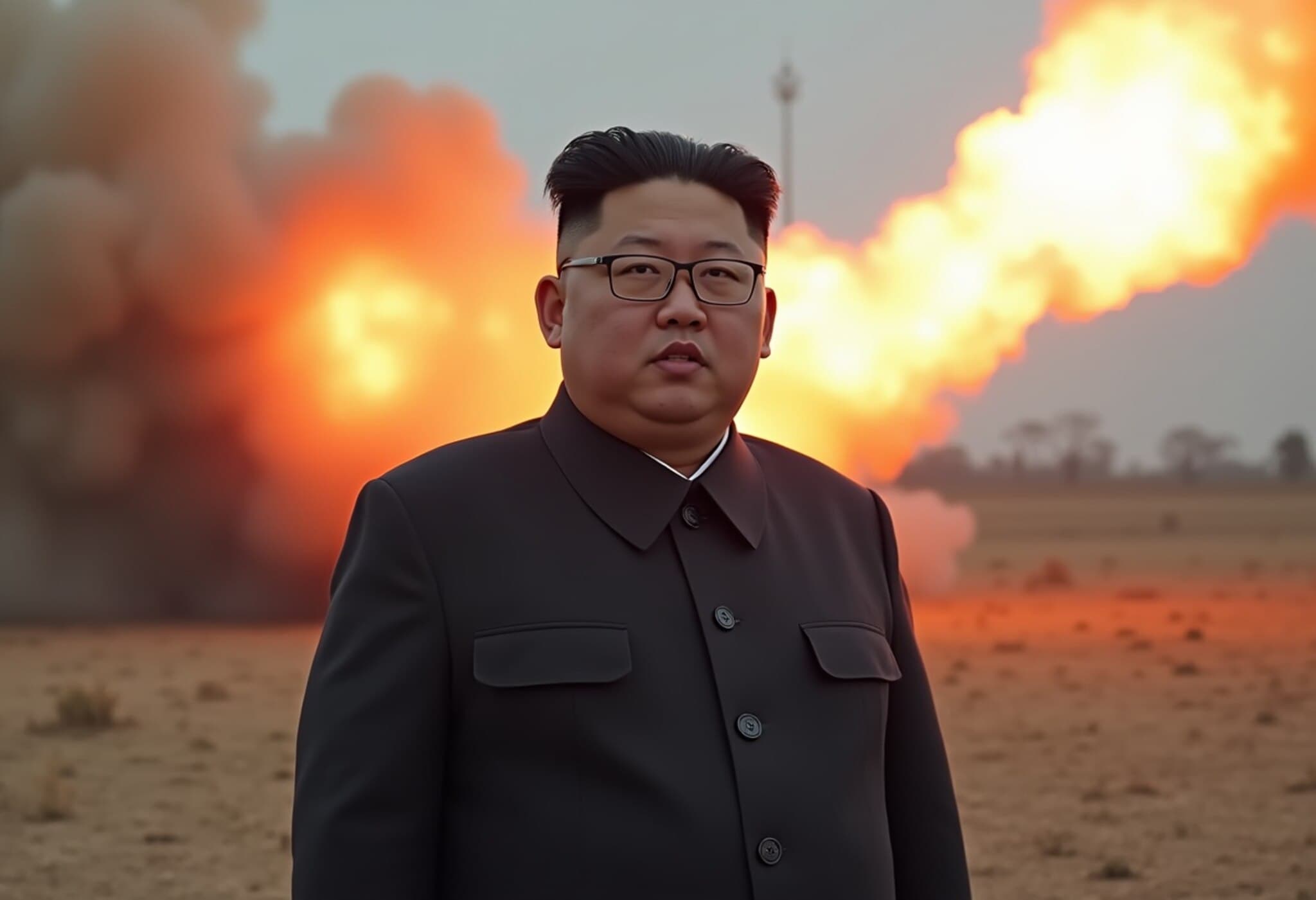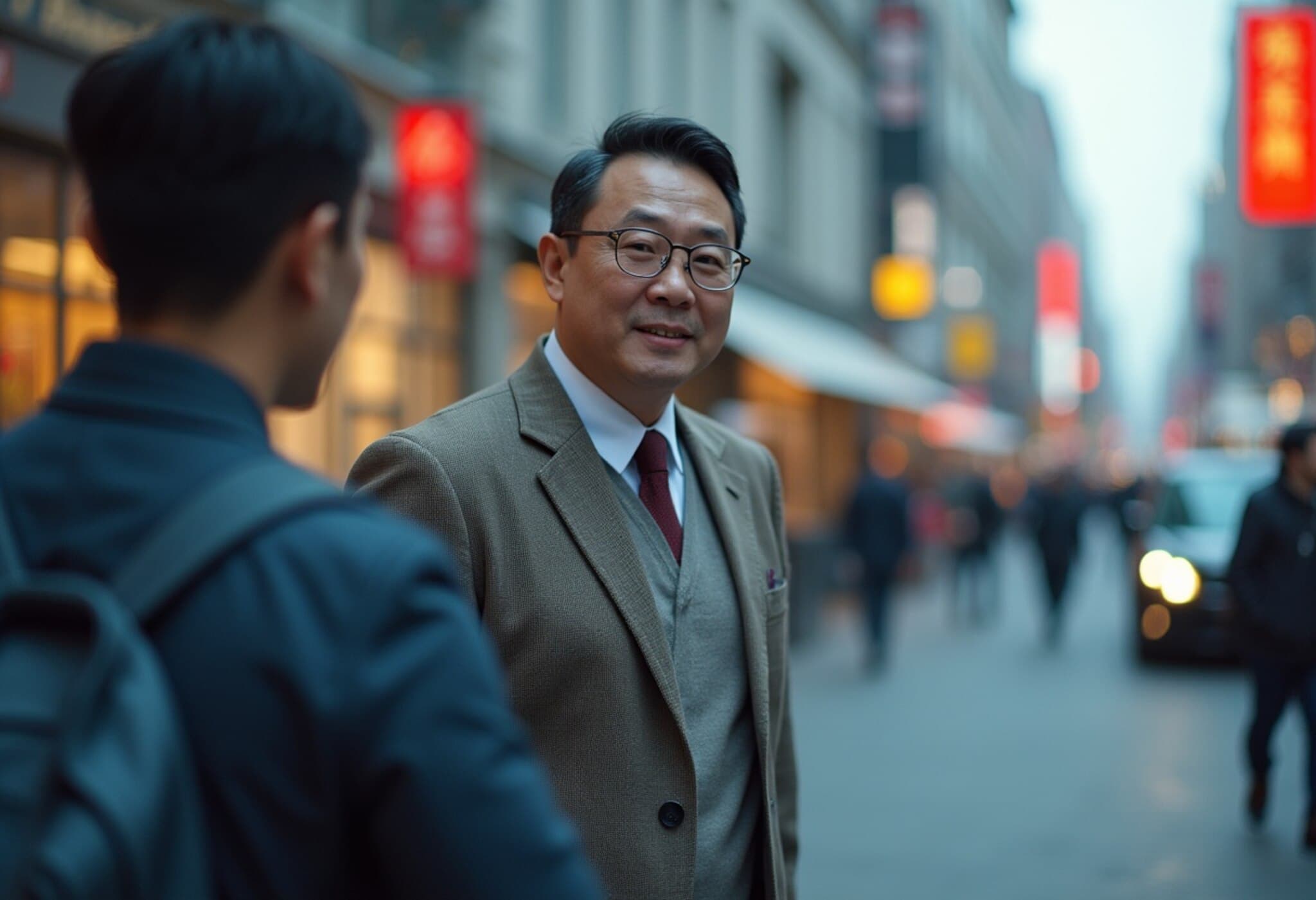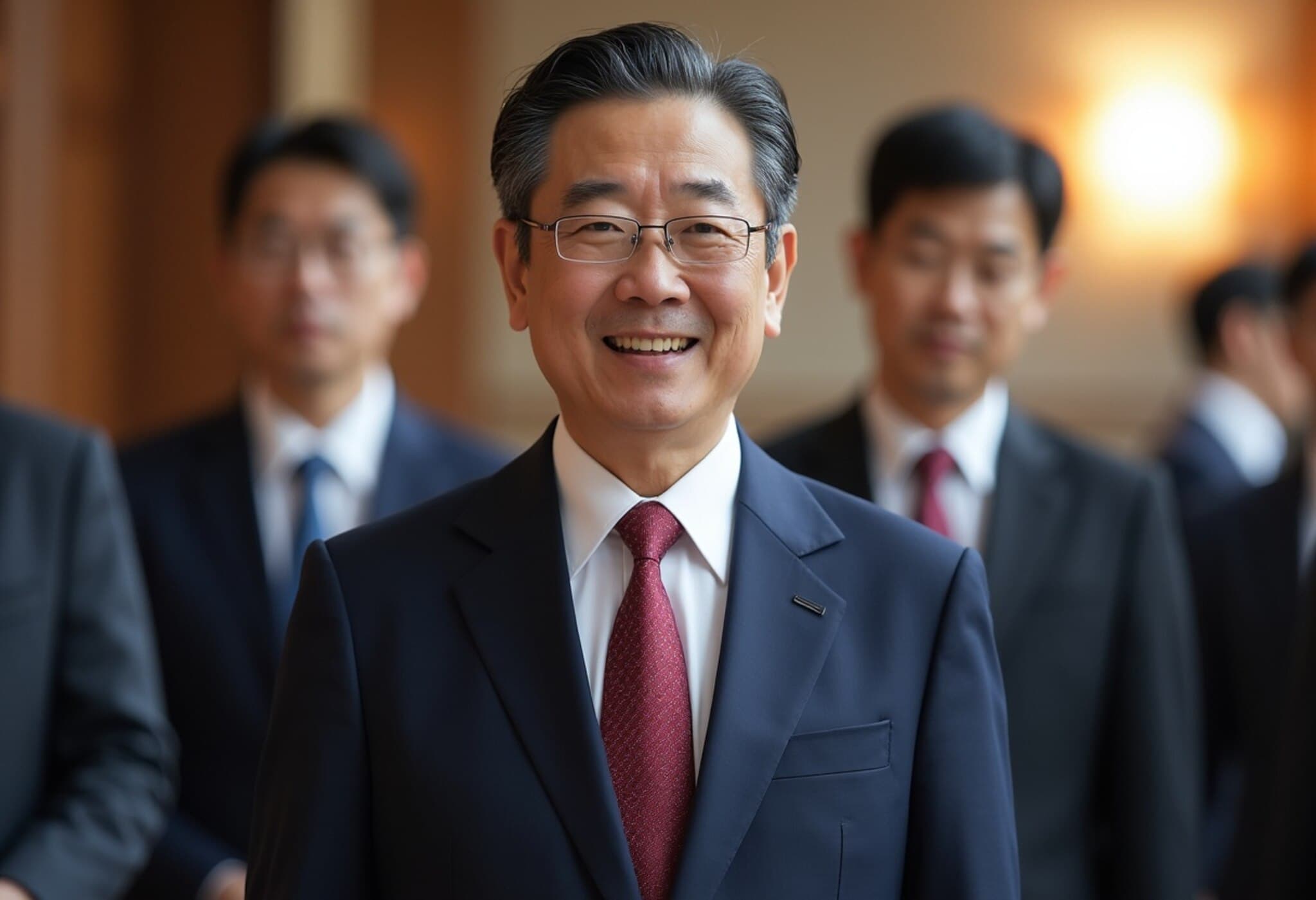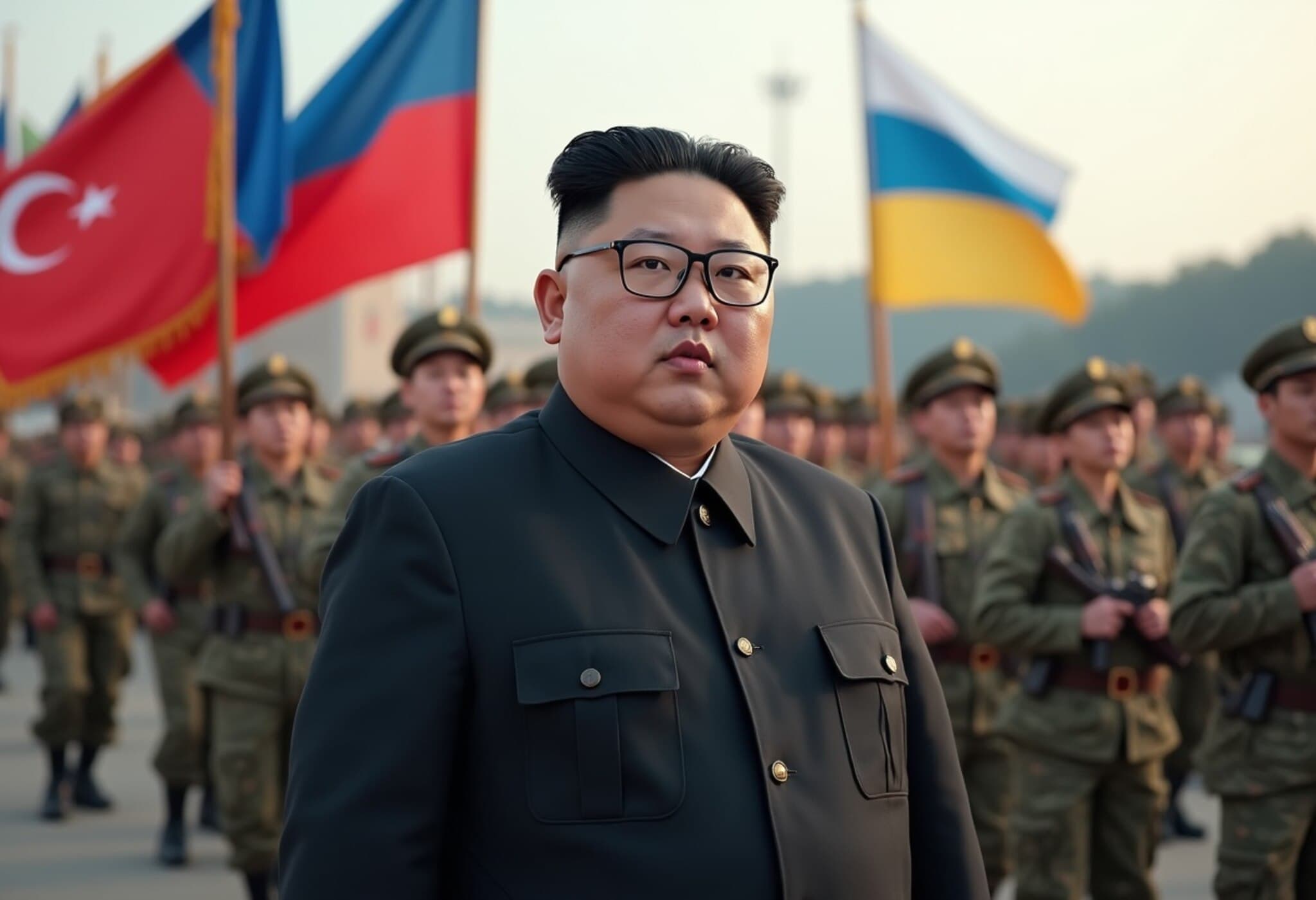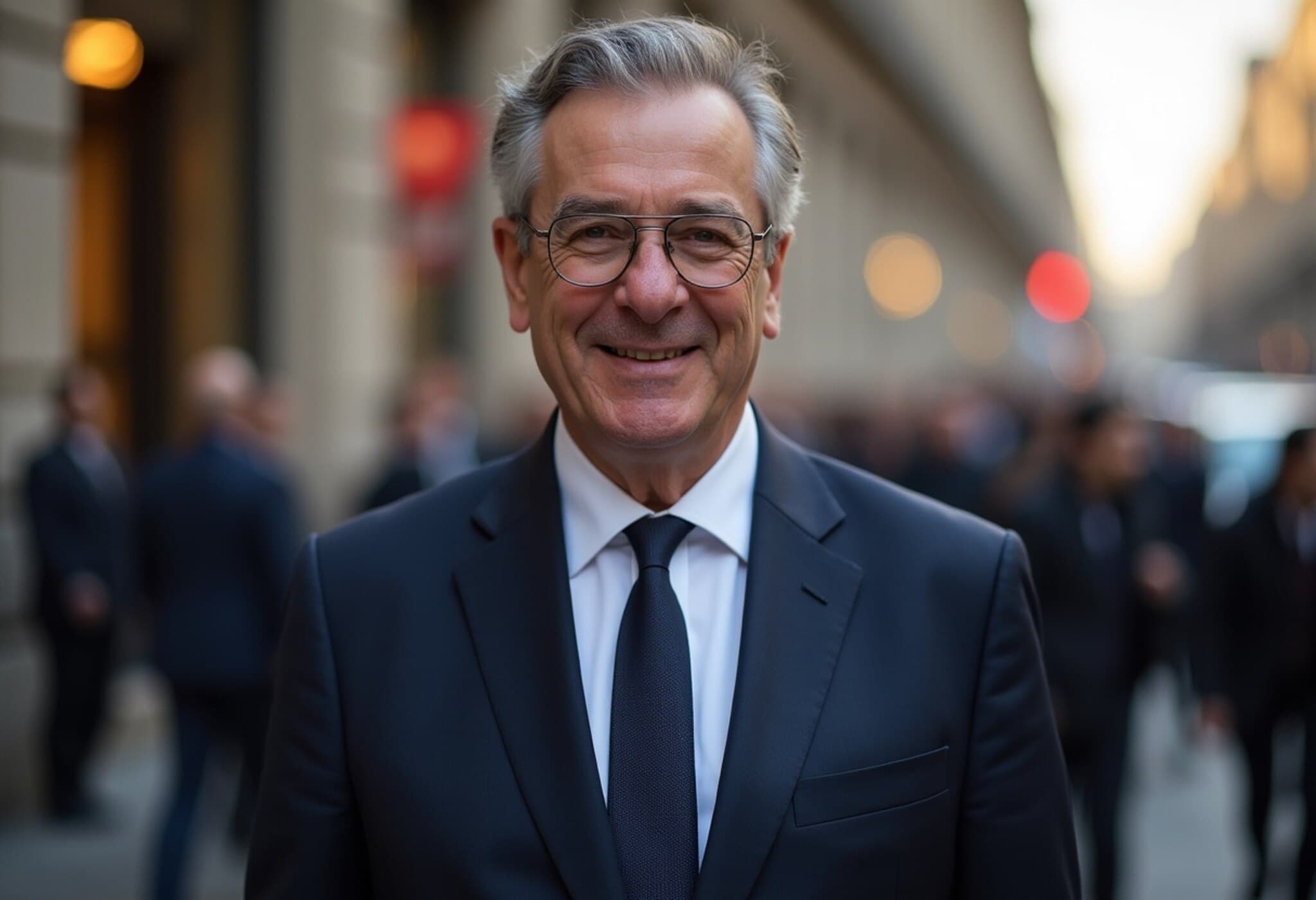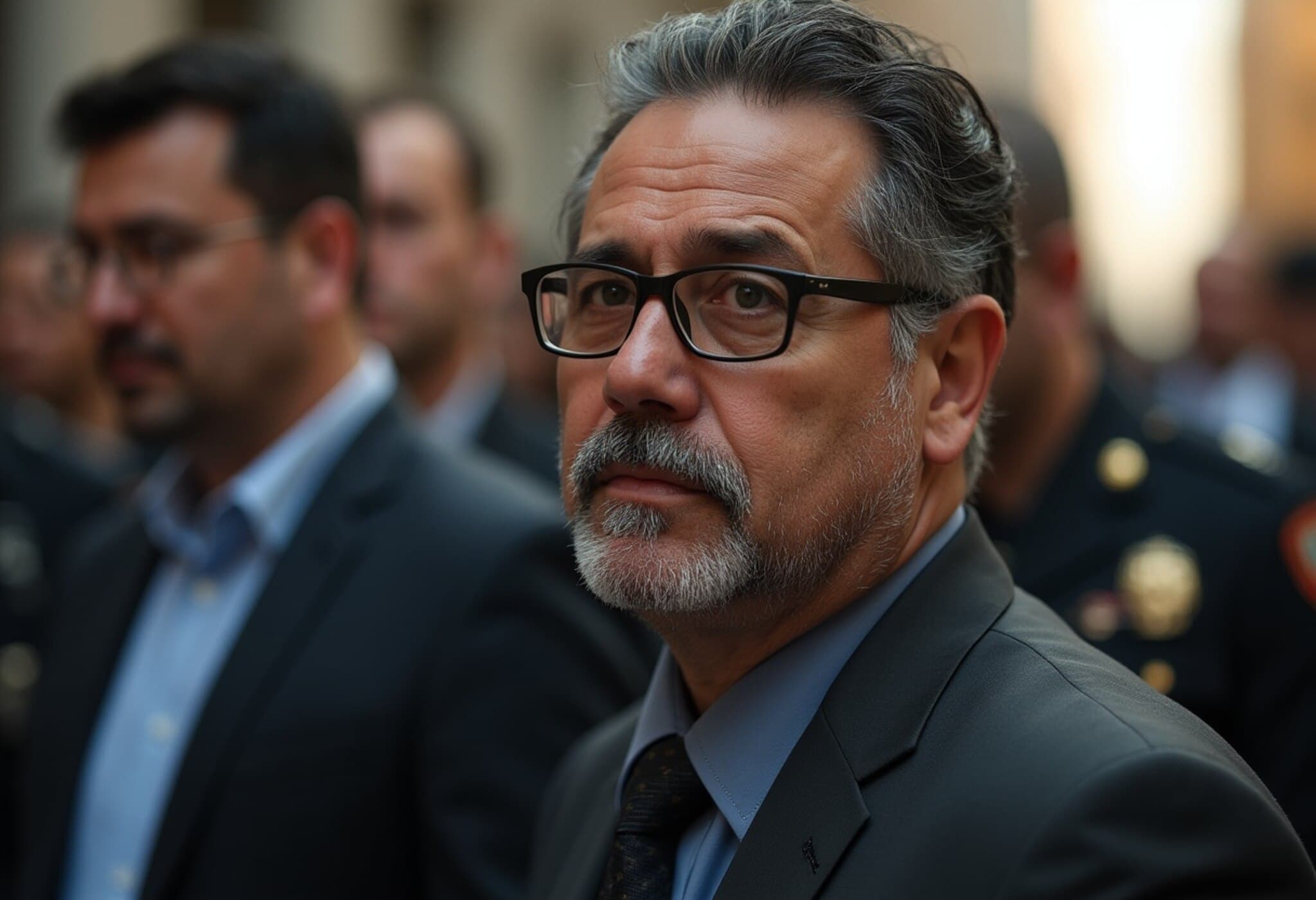Trump Lauds South Korean President Lee’s Strategy on North Korea
In a significant new development on the Korean Peninsula’s long-standing diplomatic challenges, former US President Donald Trump publicly commended South Korean President Lee Jae Myung’s diplomatic approach towards North Korea, describing it as “much better” than that of previous administrations. This praise came during Lee’s first official visit to Washington since taking office in June 2025.
Calls for a Renewed Summit Between Trump and Kim Jong Un
During their Oval Office meeting on Monday, President Lee urged Trump to take the initiative once again in engaging North Korean leader Kim Jong Un in peace negotiations. Lee highlighted Trump’s previous efforts, calling him a global figure who had shown tangible results in peace diplomacy.
“You are the first president to have so much interest in the world’s peace issues and actually made achievements,” Lee told Trump, encouraging a fresh dialogue aimed at denuclearization and regional stability.
Trump expressed openness to another summit, stating, “I will do that, and we’ll have talks. He’d like to meet with me,” emphasizing a shared hope to improve US-North Korea relations.
Contextual Insights: The Stakes on the Korean Peninsula
Lee, a former labor lawyer and political newcomer, emphasized that while the peninsula remained relatively stable during Trump’s first term, North Korea’s nuclear and missile development accelerated during his absence from office. This has complicated diplomatic efforts and heightened tensions in the region.
Drawing attention to the growing complexity, Lee remarked, “In the short hiatus where you were out of office, North Korea developed further its nuclear and missile capabilities, and that led to a deterioration of the situation.”
Geopolitical Underpinnings and Domestic South Korean Challenges
The timing of Lee’s Washington visit is notable against the backdrop of escalating military cooperation between Pyongyang and Moscow, as well as internal political turbulence in Seoul. Lee’s predecessor, Yoon Suk Yeol, was impeached earlier this year, leading to Lee’s snap election victory in June.
President Trump also publicly commented via Truth Social on the situation in South Korea, expressing concern over what he described as a “purge or revolution,” hinting at the domestic instability's potential impact on US-South Korea relations and economic ties.
Economic and Security Ties Remain Central
South Korea’s economy is heavily intertwined with the United States, which provides a vital security umbrella through its military presence and nuclear deterrence in the region. Trump, who has previously criticized South Korea as a “money machine” taking advantage of US military protection, appears to continue emphasizing the need for balanced bilateral relations amid evolving security dynamics.
Lighthearted Moments Amid Serious Talks
Bringing a human touch to the high-stakes discussions, Lee joked about the possibility of constructing a Trump Tower in North Korea as a symbol of newfound peace, quipping, “So I can go play golf in Pyongyang as well.” Such moments highlight the delicate balance of diplomacy, blending stern negotiations with gestures of goodwill.
What Lies Ahead for Korean Peninsula Diplomacy?
- Renewed dialogue between Trump and Kim Jong Un: If pursued, a new summit could revive momentum for denuclearization talks stalled since 2019.
- South Korea’s evolving diplomatic stance: Under Lee’s leadership, Seoul appears poised to take a more proactive role in facilitating peace efforts.
- Regional security concerns: Increased North Korea-Russia ties complicate traditional US-led diplomacy in East Asia.
- US domestic politics: Trump’s ongoing political influence may shape future engagement strategies with Pyongyang.
Editor’s Note
The meeting between Trump and President Lee emerges at a pivotal moment for Korean Peninsula peace prospects. While past summits raised hopeful expectations, stalled progress and recent nuclear advancements remind us that diplomacy remains fragile and complex. Trump’s expressed willingness to engage again with Kim Jong Un signals a potentially renewed chapter, but success will hinge on multilateral cooperation and sustained commitment amid shifting geopolitical currents.
Readers might reflect on how shifting leadership styles and regional alliances influence the prospects for peace. Can renewed talks translate into concrete steps to denuclearize the peninsula? How will US-South Korea relations evolve amid internal political shifts? These questions resonate far beyond the borders of Korea and will continue shaping global security dynamics.

